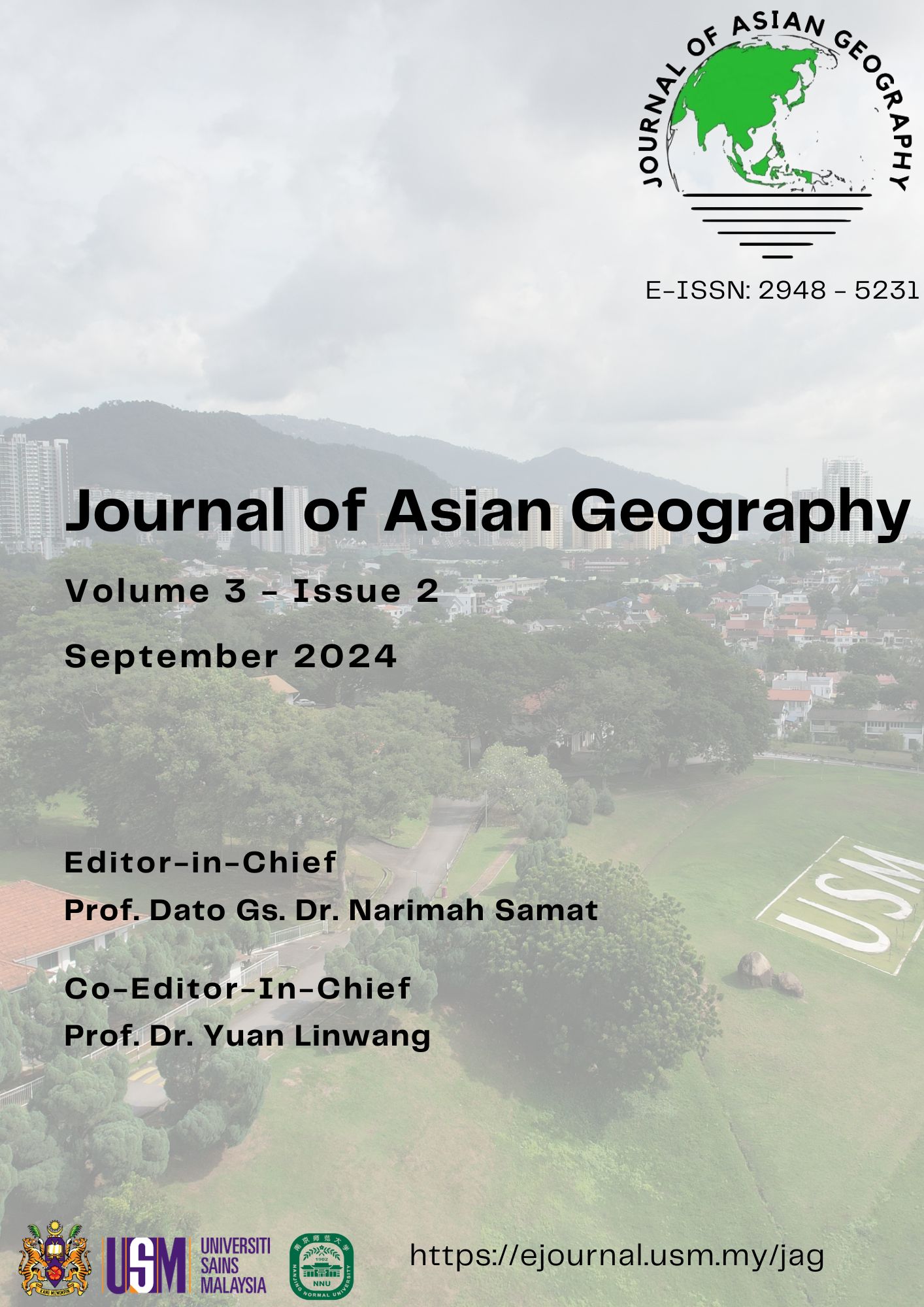Earthquake Risk in Bangladesh: Lesson Learned from Turkiye-Morocco Earthquake
DOI:
https://doi.org/10.36777/jag2024.3.2.1Keywords:
Lesson, Earthquake, Bangladesh, Turkiye, MoroccoAbstract
Turkey, Morocco, and Bangladesh are all located in active seismic zones of the Earth’s surface. Recent studies have predicted catastrophic earthquakes in Bangladesh in the near future. Since disasters can act as catalysts for learning by exposing the shortcomings and vulnerabilities of communities or governments, it is believed that Bangladesh has much to learn from the 2023 mega-disasters in Turkey and Morocco. Therefore, this study aims to understand the causes of the catastrophic earthquakes in Turkey and Morocco. The main objective is to analyze the strengths and weaknesses of the disaster management stages during the 2023 earthquakes in Turkey and Morocco, and to compare these with the situation in Bangladesh to better understand potential earthquake risks there. Moreover, the study seeks to develop a framework for Disaster Learning. It follows a qualitative research methodology, with most of the necessary data gathered from existing literature and Key Informant Interviews. The findings suggest that infrastructural vulnerabilities and noncompliance with land use regulations were significant causes of the catastrophic damage in Turkey and Morocco, which are also relevant to the earthquake risks in Bangladesh. Key strengths identified in Turkey include the availability of open spaces for emergency services, wide roads, modern equipment, skilled manpower, military-civilian coordination, and a robust humanitarian response—all areas where Bangladesh has significant deficiencies. Lessons from this study reveal that climatic conditions and debris management could pose major challenges for Bangladesh in the event of a significant earthquake.

Downloads
Published
Issue
Section
License
Copyright (c) 2024 Journal of Asian Geography

This work is licensed under a Creative Commons Attribution 4.0 International License.

